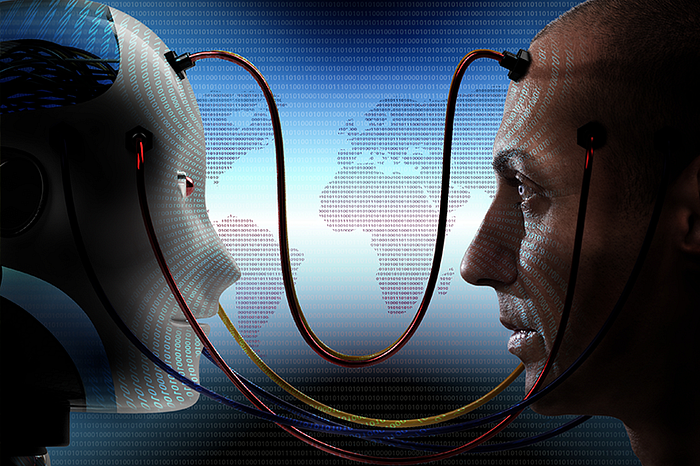How Most-Advanced AI Still Demonstrates a Lack of “Common Sense”

Modern artificial intelligence has achieved remarkable feats, capable of producing awe-inspiring original content in the form of poetry, prose, images, music, and even human faces. It has even proven its ability to diagnose certain medical conditions more accurately than human physicians. In fact, just last year, AI tackled the grand challenge of the “protein folding problem,” a hurdle that has stumped researchers for over 50 years.
Despite these impressive achievements, current AI systems still have significant limitations when compared to the gold standard of human cognition. Therefore, it is crucial to view these limitations not as failures, but as opportunities for inspiration and progress toward advancing the state of the art in AI.
One key limitation of current AI is its inability to use “common sense.” Critics may view this as evidence that the pursuit of artificial intelligence is misguided, but in reality, it is an inventory of challenges that must be addressed in order to move the field forward.
Read the following prompt: A man visited a restaurant where he placed an order for a steak and he generously left a substantial tip.
If you were asked what the man ate in this situation, you would have no trouble giving the accurate response — a steak. However, even with the most advanced artificial intelligence of today, prompts like this can pose a challenge. How is this possible?

Note that this short blurb does not explicitly mention that the man consumed steak. However, we naturally understand this fact because we, as humans, have extensive fundamental background knowledge about the workings of the world. This includes the understanding that individuals dine at restaurants, place their meal orders before eating, and leave a gratuity after completing their meal. This substantial, collective, and generally unexpressed body of ordinary knowledge is referred to as “common sense.”
There’s an infinite number of facts about how the world operates that humans grasp through lived experience. If someone’s eager to have a big meal at 7 pm, they’ll be less enthusiastic about a second meal at 8 pm. If I request some milk, I’d rather have it in a glass than in a shoe. Keeping your pet fish in a tank of water is acceptable, but it’s troublesome for your phone to be submerged in a tank of water.
“Common sense is like the dark matter of artificial intelligence.” It may be difficult to describe, but its impact is evident in everything.
A Few Examples of AI’s Inability to Utilize “Common Sense.”

Lack of Contextual Understanding: AI systems struggle with understanding context, which can lead to some strange and often amusing outcomes. For example, in 2022, a news story made headlines when a translation error caused an AI system to mistranslate a Chinese government report. The report stated that the government would “strengthen” its efforts to control the country’s food supply, but the AI system translated it to “strengthen” its efforts to control the country’s people. This error highlights the lack of contextual understanding that AI systems have and the potential consequences of this limitation.
Another example of this limitation can be seen in chatbots. Chatbots are designed to simulate human conversation, but they often struggle with understanding the context of a conversation. For example, if a user asks a chatbot “Do you have any pizza recommendations?” the chatbot may respond with a list of pizza toppings instead of providing actual restaurant recommendations. This limitation can make chatbots frustrating to use, and it highlights the need for further development in the contextual understanding of AI systems.
Difficulty with Abstract Reasoning: Another limitation of AI in human common sense is its difficulty with abstract reasoning. Abstract reasoning is the ability to understand concepts that are not tied to specific physical objects. For example, the concept of love or justice is abstract and cannot be observed directly, but humans can understand and reason about them. AI systems, on the other hand, struggle with abstract concepts. For example, an AI system may be able to identify a picture of a cat, but it may not understand the concept of a cat as a living creature with certain characteristics.
This limitation can have real-world consequences, as AI systems are increasingly being used in decision-making processes. For example, if an AI system is used to evaluate job applications, it may struggle with abstract reasoning when evaluating a candidate’s fit for a particular role. This could lead to biased decisions and unfair treatment of candidates.
In conclusion, while AI has made significant progress in recent years, it still struggles with common sense reasoning. The limitations discussed above, lack of contextual understanding, difficulty with abstract reasoning, and inability to adapt to new situations, highlight the need for further development in AI. Addressing these limitations will be crucial for the continued development and deployment of AI systems in various areas of our lives.
